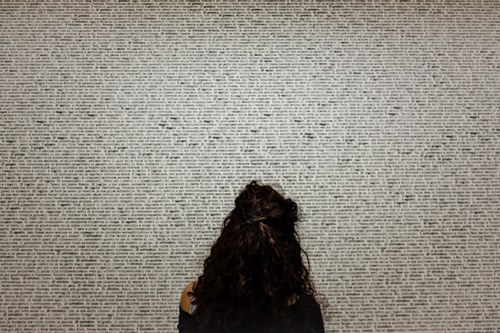The Project

The "Trancityons" project aims to foster a new awareness of the role of urban space in democratization processes. By examining cities as dynamic centres of diverse identities, religions, and social dynamics, the project explores how urban environments can drive democratic change or resist authoritarian tendencies.
The historical and comparative perspective focuses on democratic transitions in Italy after World War II and Eastern Europe and post Yugoslav wars. This analysis provides insights into the development of national democratic systems and the promotion of European Union principles, aiming to explore the role of urban contexts in democratic transitions, emphasizing the importance of memory in understanding present phenomena.
This will be achieved through a diverse range of activities and strategies. Specifically, academic research will be complemented by constant citizen engagement, including their involvement in the investigative activities, such as the surveys conducted in Italy and Poland. Additionally, the project includes a series of activities aimed at engaging European citizens, such as traveling exhibitions in Serbia, Bosnia and Herzegovina, and Croatia, as well as public debates and workshops. These workshops will specifically highlight the role of women in democratic transitions, viewed through the lens of urban contexts.
By studying democratic transitions, the project aims to understand how urban realities, characterized by a mix of interests and identities, contribute to disseminate European values and to the constitutional and institutional evolution. Therefore, cities will be the lens through which to look at the democratic transitions of yesterday, today, and tomorrow. The changes in urban contexts, indeed, are crucial signals for understanding the paths that modern European democracies have embarked upon and what knowledge needs to be protected and promoted